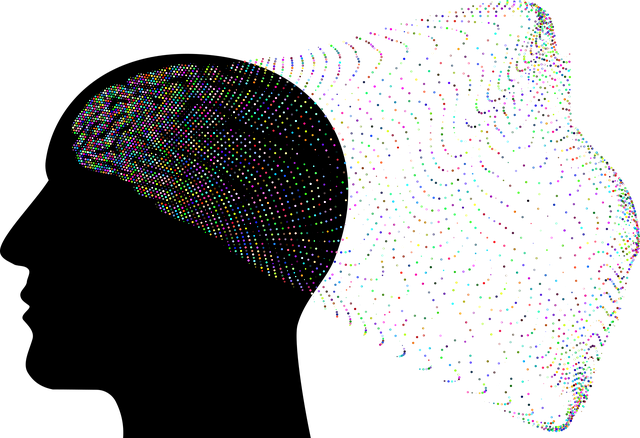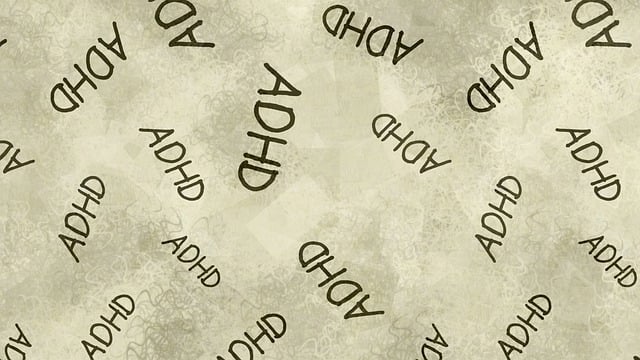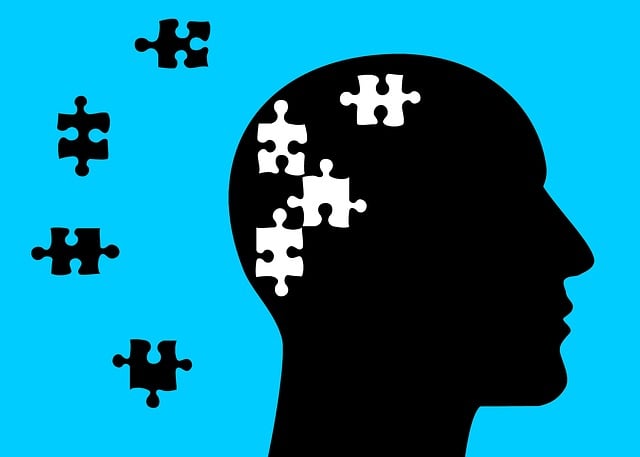Mental illness diagnosis is challenging due to complex psychology and comorbidity. Arvada Blended Families Therapy (ABFT) offers a revolutionary approach, combining traditional therapy with stigma reduction, using interactive sessions and advanced technology for personalized coping skills. This holistic model strengthens family connections and enhances well-being. ABFT's community engagement, Mind Over Matter principles, and enhanced training in emotional intelligence and conflict resolution contribute to more accurate diagnoses and improved therapeutic outcomes.
Mental illness diagnosis accuracy has long been a complex issue, shrouded by stigma and misconceptions. This article explores targeted efforts to improve diagnostic accuracy, delving into innovative approaches like Arvada Blended Families Therapy, which tackles stigma head-on. We examine the role of advanced technology in assessment, enhanced training for mental health professionals, and community engagement strategies that foster understanding and support. By integrating these efforts, we strive to revolutionize diagnosis, ensuring more effective treatment paths for those struggling with mental illness.
- Understanding the Challenge: The Complexity of Mental Illness Diagnosis
- Arvada Blended Families Therapy: A Unique Approach to Overcoming Stigma and Misconceptions
- Integrating Advanced Technology for Improved Assessment
- Enhancing Training Programs for Mental Health Professionals
- Community Engagement and Support: Building a Network of Understanding
Understanding the Challenge: The Complexity of Mental Illness Diagnosis

Mental illness diagnosis is a complex process due to the multifaceted nature of human psychology and diverse presentations of mental health conditions. What may be indicative of one disorder in one individual could mirror symptoms of another in someone else. This complexity is further exacerbated by comorbidity, where individuals might experience multiple disorders simultaneously, complicating the diagnostic landscape. The challenge lies in navigating these nuances to ensure accurate and timely interventions, which is particularly crucial for blended families seeking support from Arvada Blended Families Therapy.
In such situations, fostering inner strength development and emotional intelligence becomes paramount. Compassion cultivation practices can play a significant role in enhancing therapeutic outcomes by promoting empathy, understanding, and effective communication. By recognizing the intricate dynamics at play, mental health professionals can tailor interventions to address specific needs, leading to more accurate diagnoses and improved treatment plans.
Arvada Blended Families Therapy: A Unique Approach to Overcoming Stigma and Misconceptions

Arvada Blended Families Therapy (ABFT) represents a novel and innovative approach to addressing mental health challenges within families. This therapy model combines traditional psychological practices with a unique focus on fostering understanding and overcoming stigma associated with mental illness. By facilitating open dialogue, ABFT aims to break down misconceptions that often impede the emotional healing processes of family members.
Through interactive sessions, families learn effective coping skills development tailored to their specific needs. The program equips them with strategies for burnout prevention, empowering them to navigate mental health issues within their sphere. ABFT’s holistic approach not only strengthens familial bonds but also paves the way for a more supportive and compassionate environment where everyone can prioritize their well-being.
Integrating Advanced Technology for Improved Assessment

In the quest for enhanced mental illness diagnosis accuracy, integrating advanced technology has emerged as a powerful tool. Innovations such as digital assessment platforms and artificial intelligence algorithms are transforming traditional evaluation methods. These technologies offer a more comprehensive approach to understanding an individual’s psychological state by analyzing vast amounts of data, including self-reported symptoms, behavior patterns, and biometric feedback. For example, at Arvada Blended Families Therapy, therapists utilize advanced tools to create personalized treatment plans, ensuring that each client receives tailored support for their unique mental health needs.
Moreover, the integration of technology in therapy extends beyond assessment. Digital platforms can provide Mindfulness Meditation exercises, Mental Wellness Journaling prompts, and Self-Esteem Improvement guidance, empowering individuals to actively participate in their healing process. These tools not only enhance therapeutic outcomes but also foster a sense of agency and self-care, ultimately contributing to improved mental wellness and overall life satisfaction.
Enhancing Training Programs for Mental Health Professionals

Mental health professionals play a pivotal role in accurately diagnosing mental illnesses, and their training is paramount to achieving this goal. Enhancing training programs for these professionals can significantly improve diagnosis accuracy. This involves equipping them with advanced tools and techniques that extend beyond traditional methods. Incorporating topics such as emotional intelligence, stress management, and conflict resolution techniques into training curricula is essential. These skills enable therapists to better understand patient experiences, interpret complex behaviors, and navigate delicate situations effectively.
For instance, Arvada Blended Families Therapy can benefit from tailored programs that focus on these areas. By fostering emotional intelligence, professionals can create safe spaces for patients to express their feelings, which may lead to more accurate assessments. Stress management techniques can help therapists maintain objectivity when dealing with high-stress situations, enhancing their ability to make precise diagnoses. Conflict resolution skills are invaluable in navigating the intricate dynamics of family therapy, ensuring that all parties involved feel heard and respected throughout the therapeutic process.
Community Engagement and Support: Building a Network of Understanding

In efforts to enhance mental illness diagnosis accuracy, community engagement plays a pivotal role. By fostering a network of understanding, Arvada Blended Families Therapy leverages Mind Over Matter principles to create supportive environments for individuals navigating mental health challenges. This collaborative approach encourages open dialogue and promotes the adoption of effective communication strategies. Through community events, educational workshops, and peer support groups, the initiative aims to dispel stigma, enhance empathy, and equip individuals with confidence-boosting tools.
By involving community members in these initiatives, Arvada Blended Families Therapy ensures that mental health services are tailored to meet diverse needs. This inclusive strategy not only improves diagnosis accuracy but also strengthens the overall resilience of the community. Through collective efforts, they strive to create a more compassionate and supportive ecosystem where everyone can access the resources necessary for better mental well-being.
Mental illness diagnosis accuracy has long been a complex challenge, but with innovative strategies like Arvada Blended Families Therapy, advanced technology integration, enhanced training for professionals, and robust community engagement, we can significantly improve assessment methods. By addressing stigma, misconceptions, and fostering understanding at every level of society, we can ensure better mental health care for all. These efforts collectively contribute to a more inclusive and supportive environment, where those facing mental health issues receive accurate diagnoses and the necessary support.














